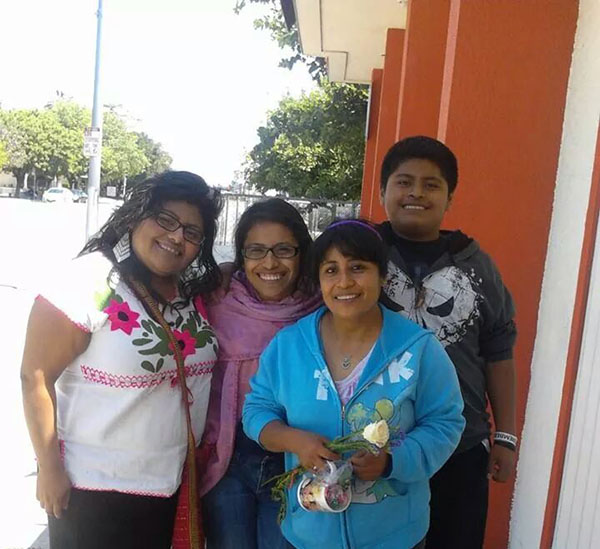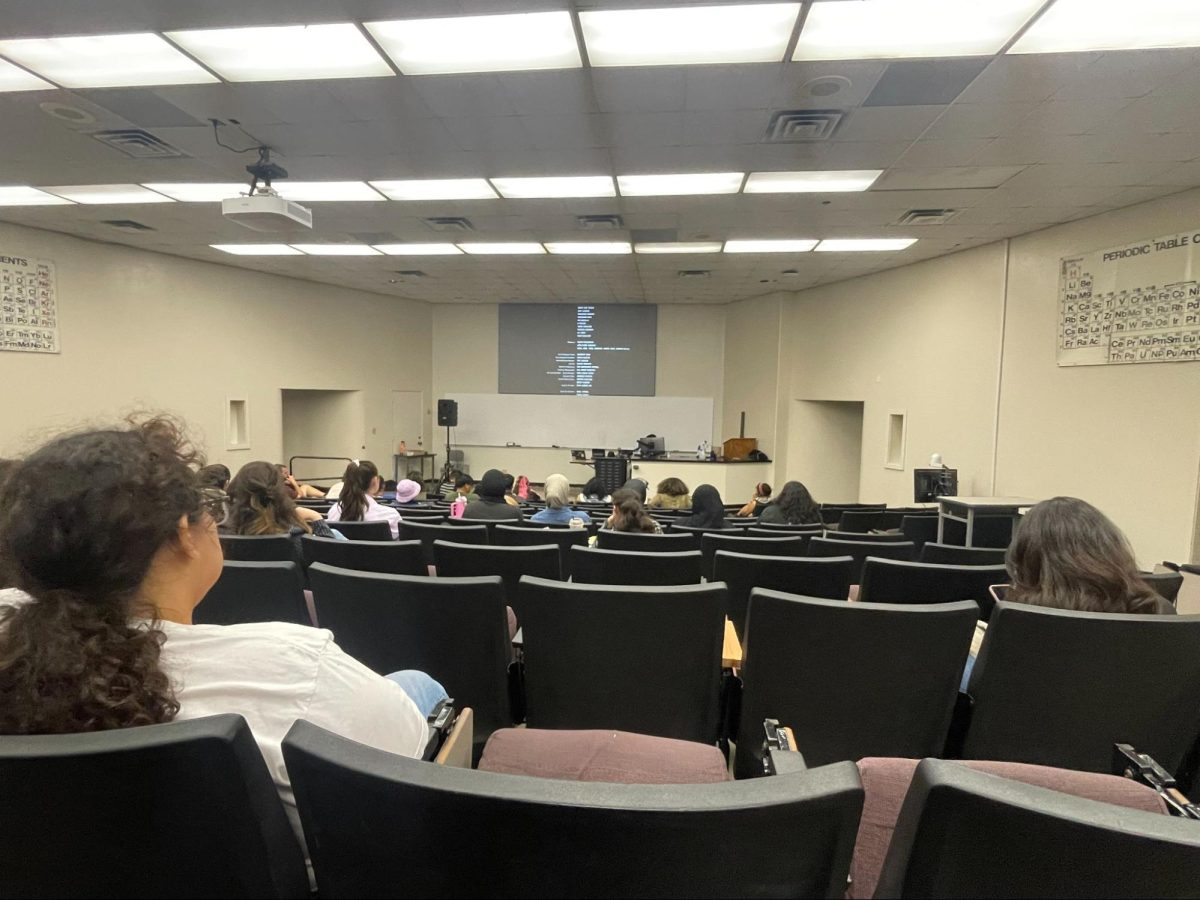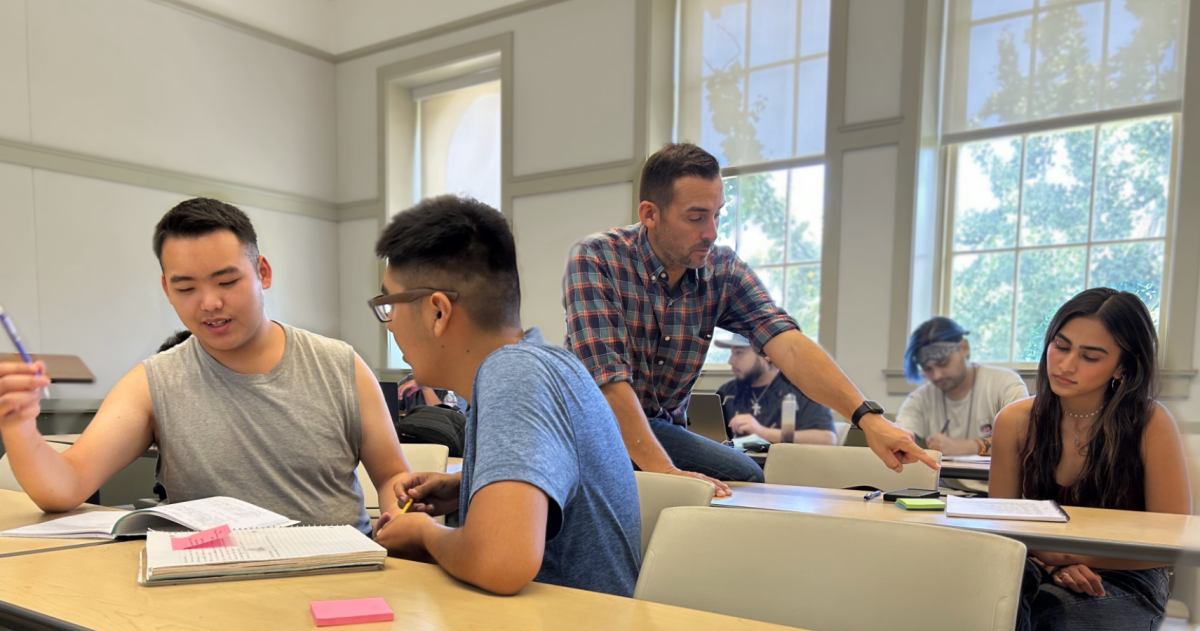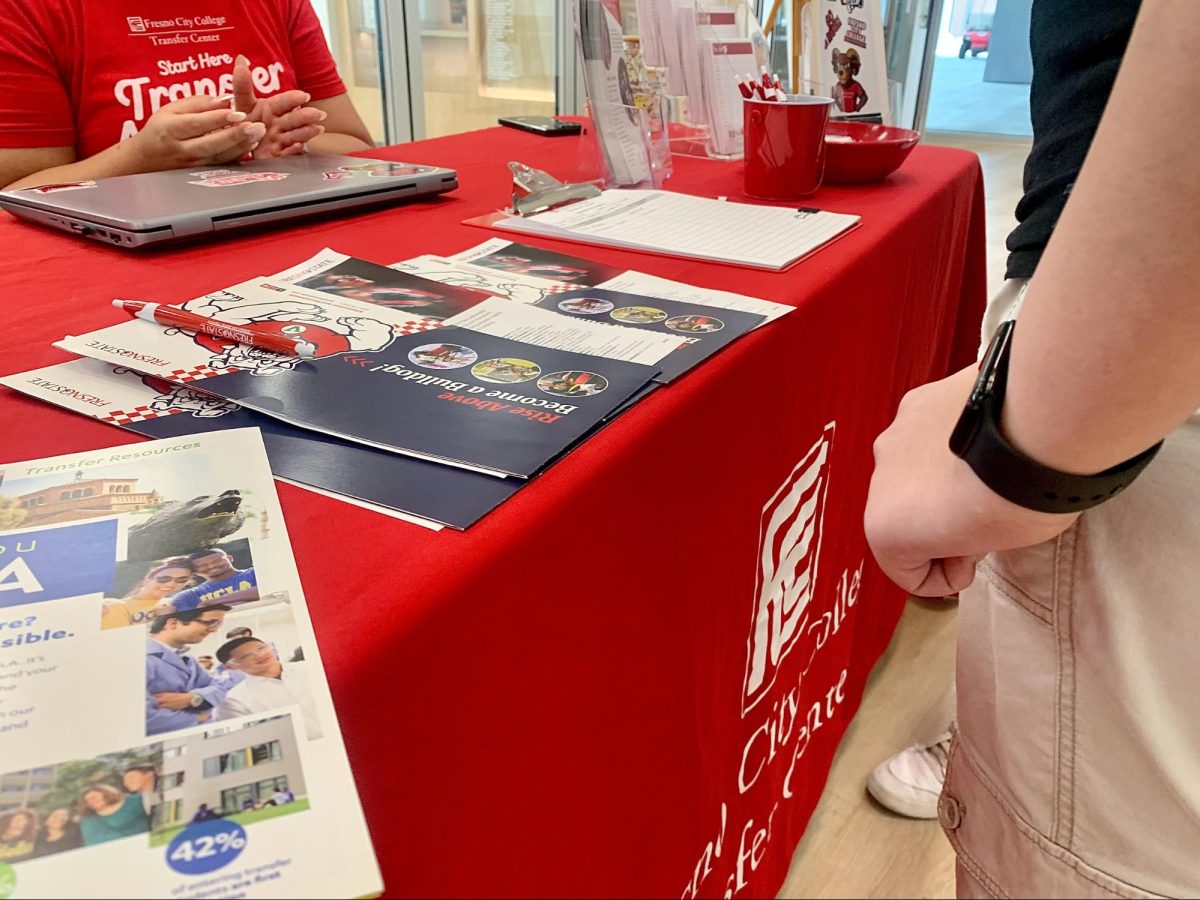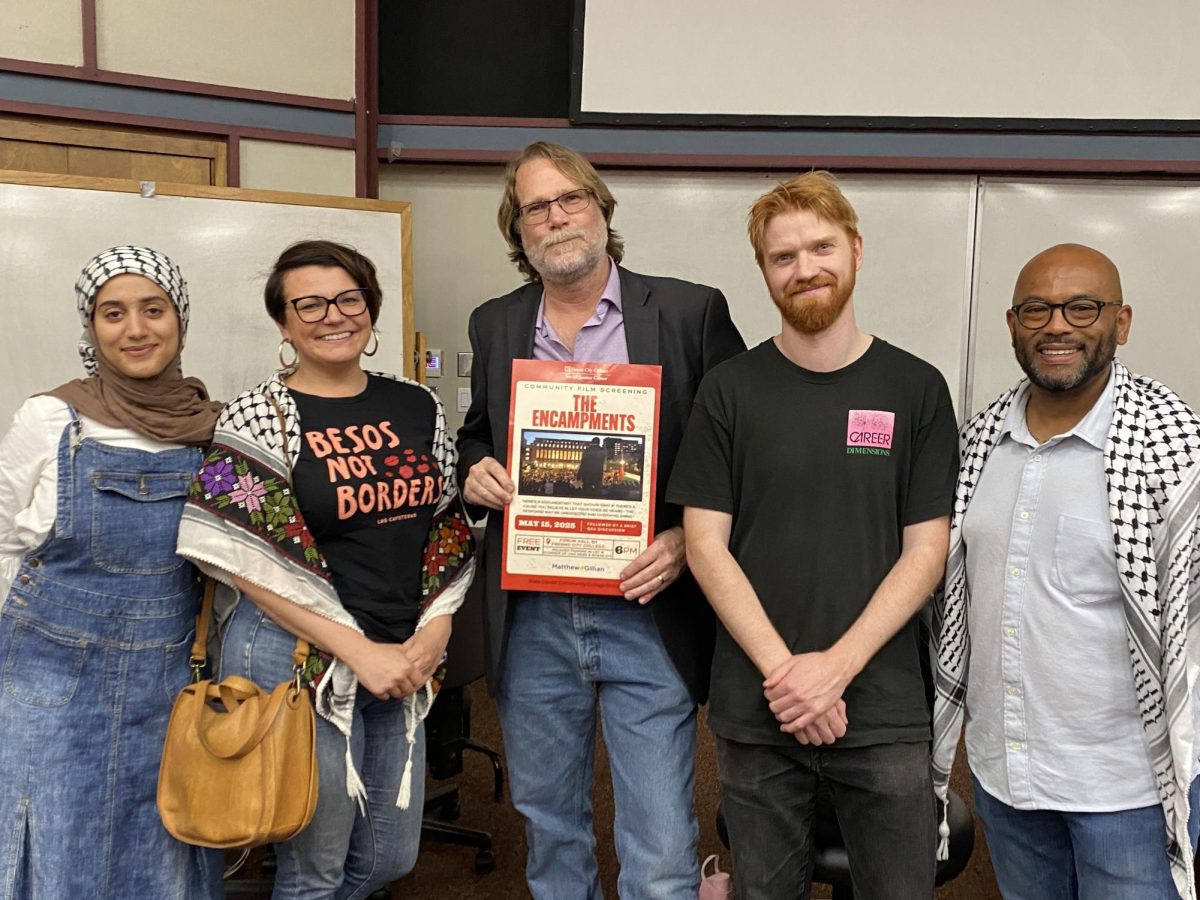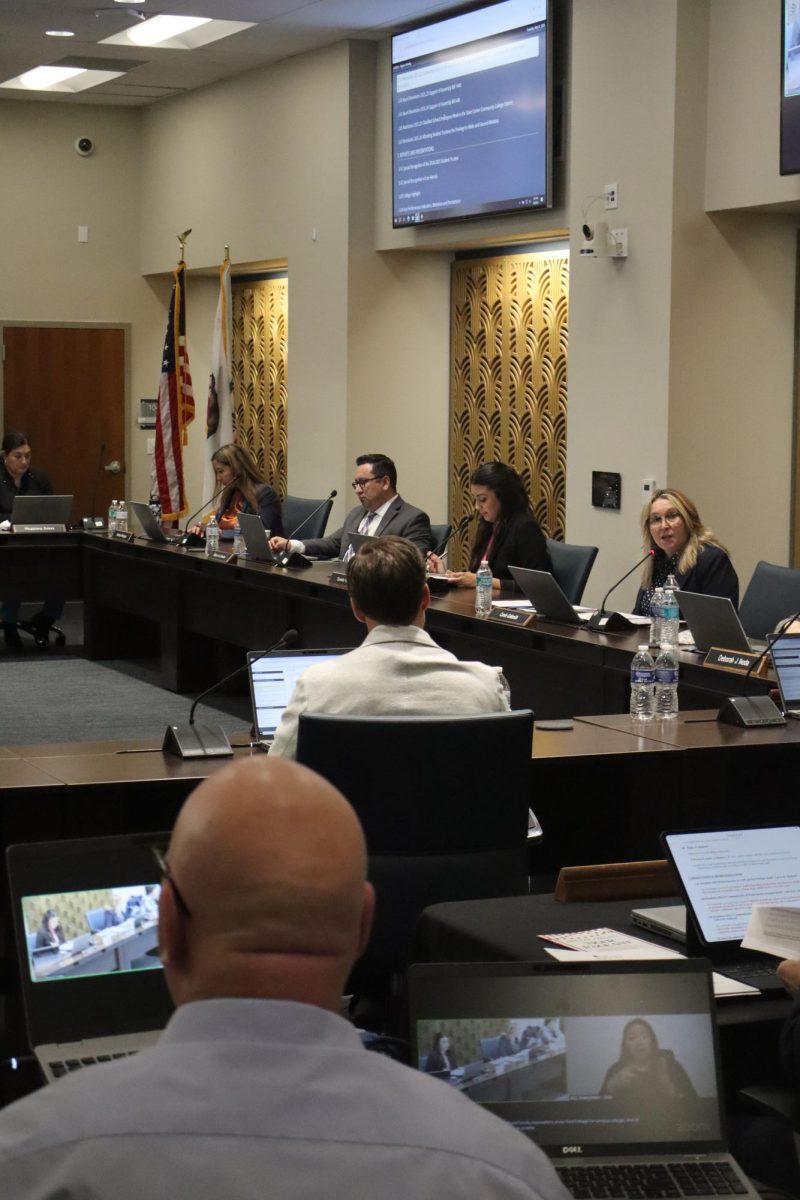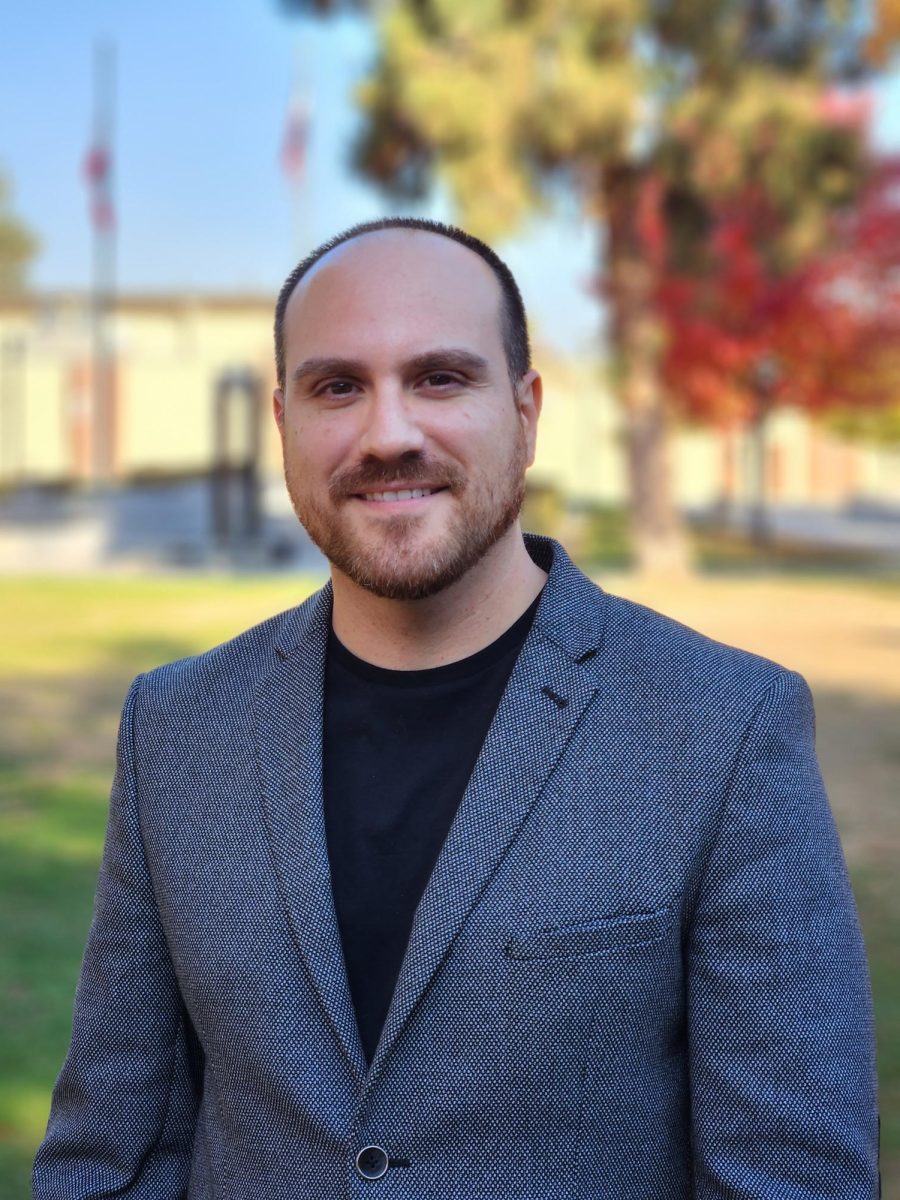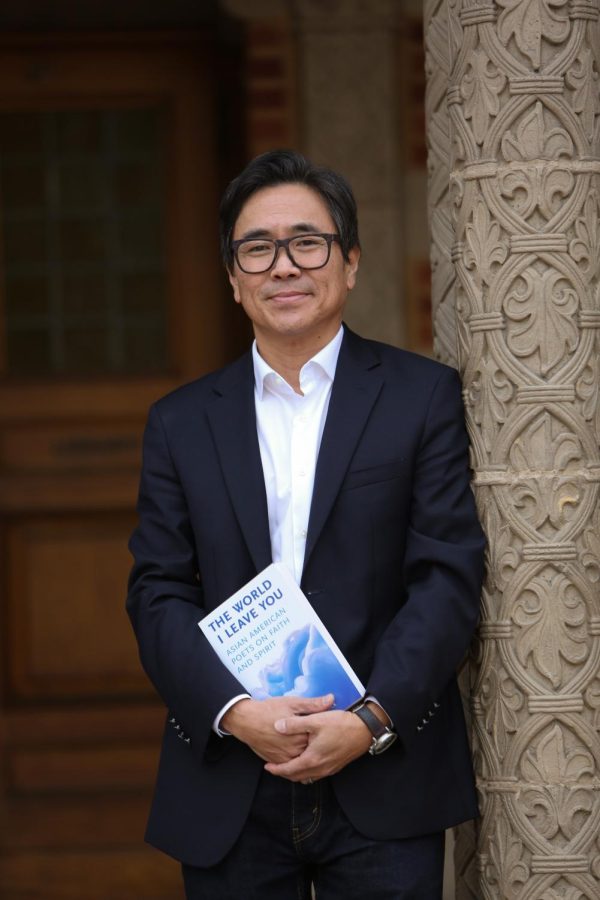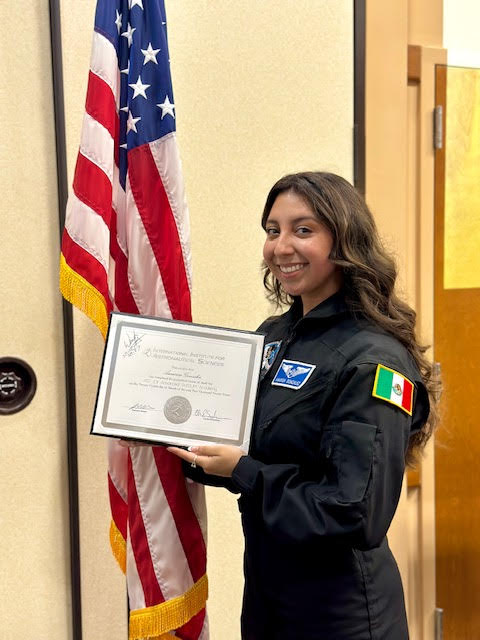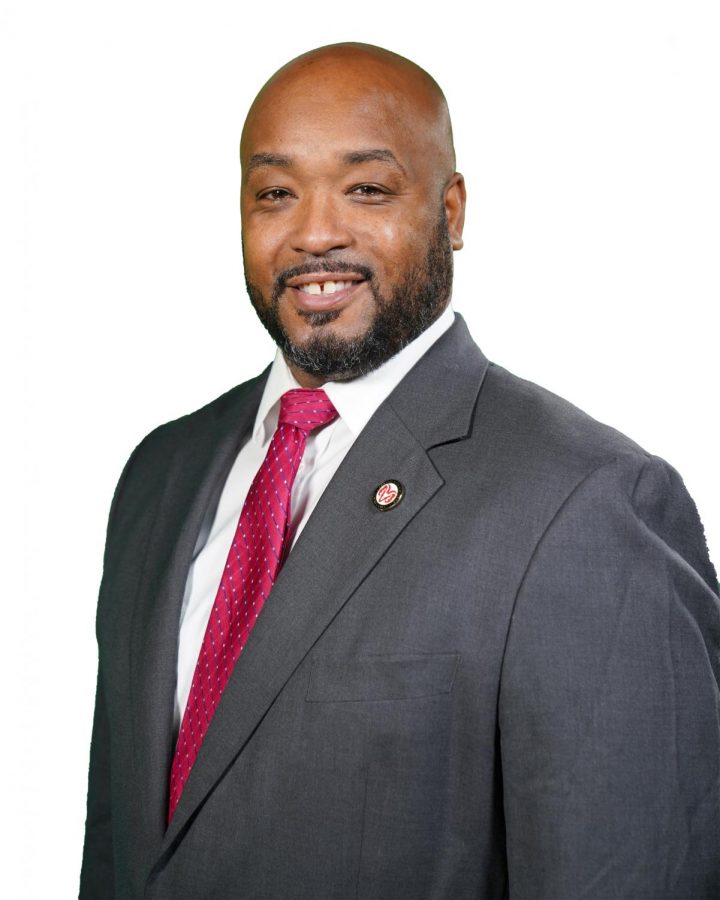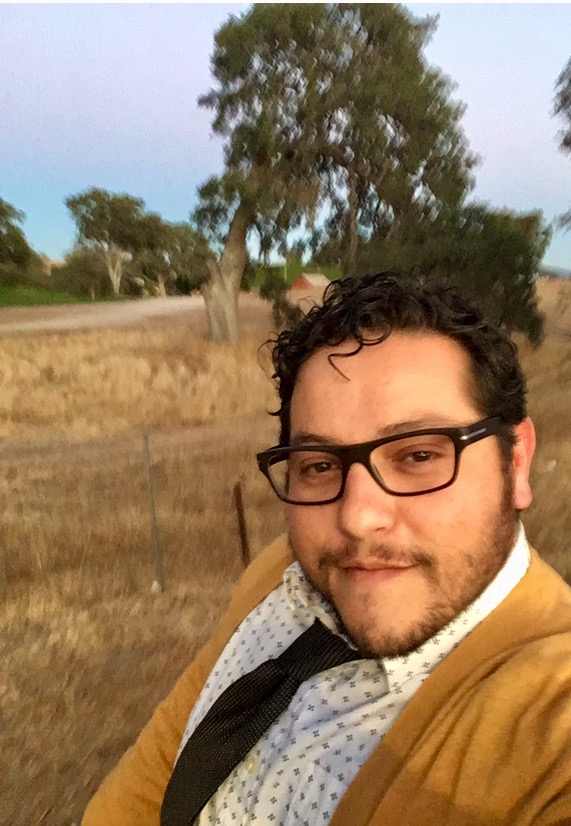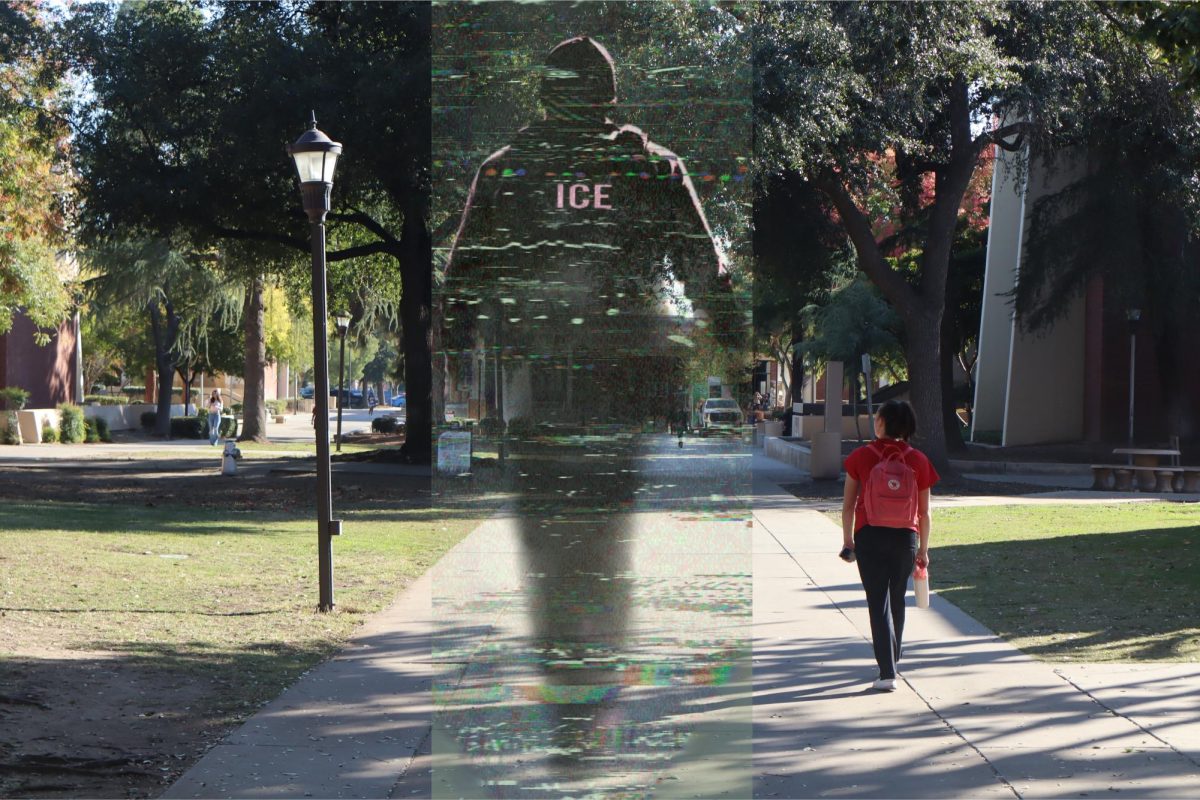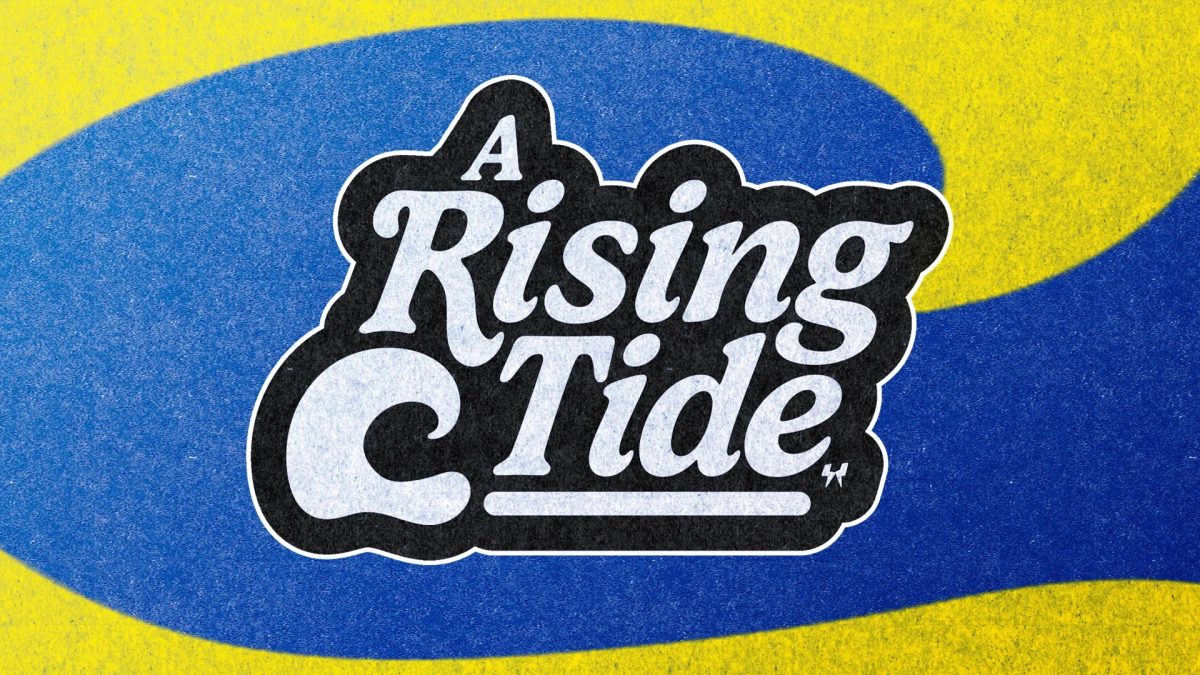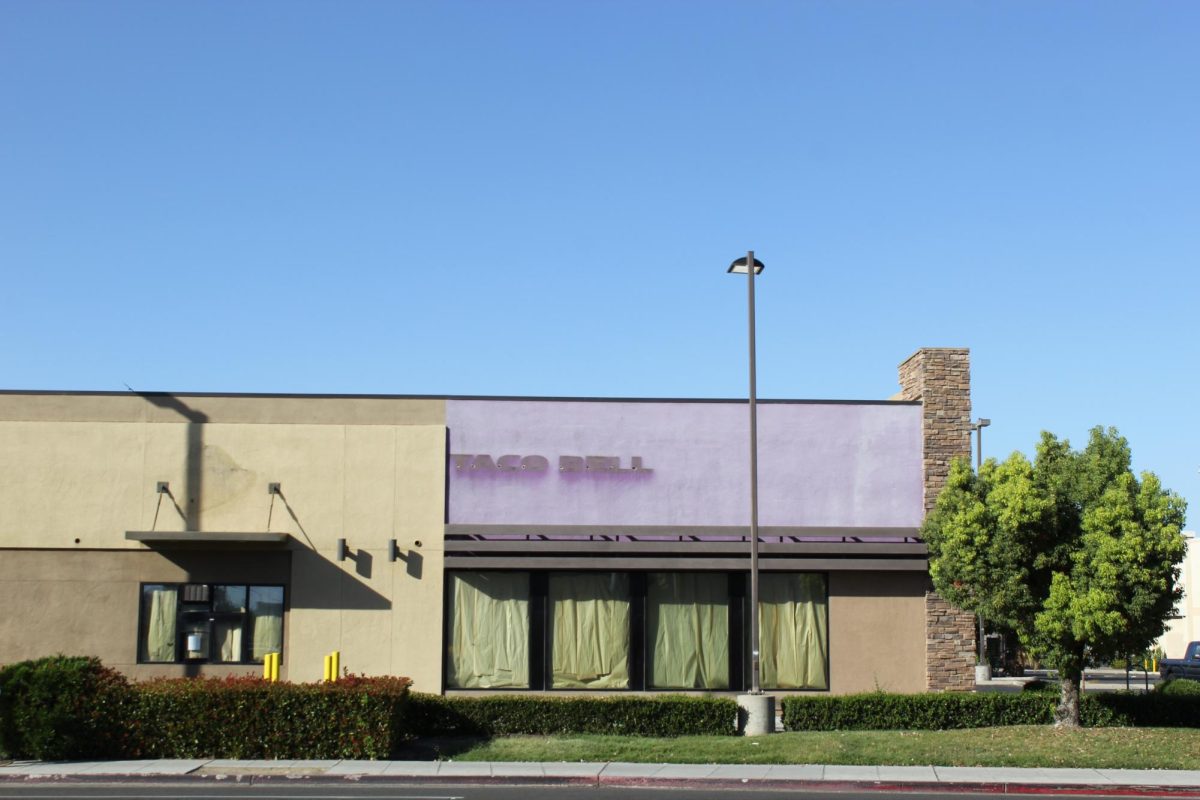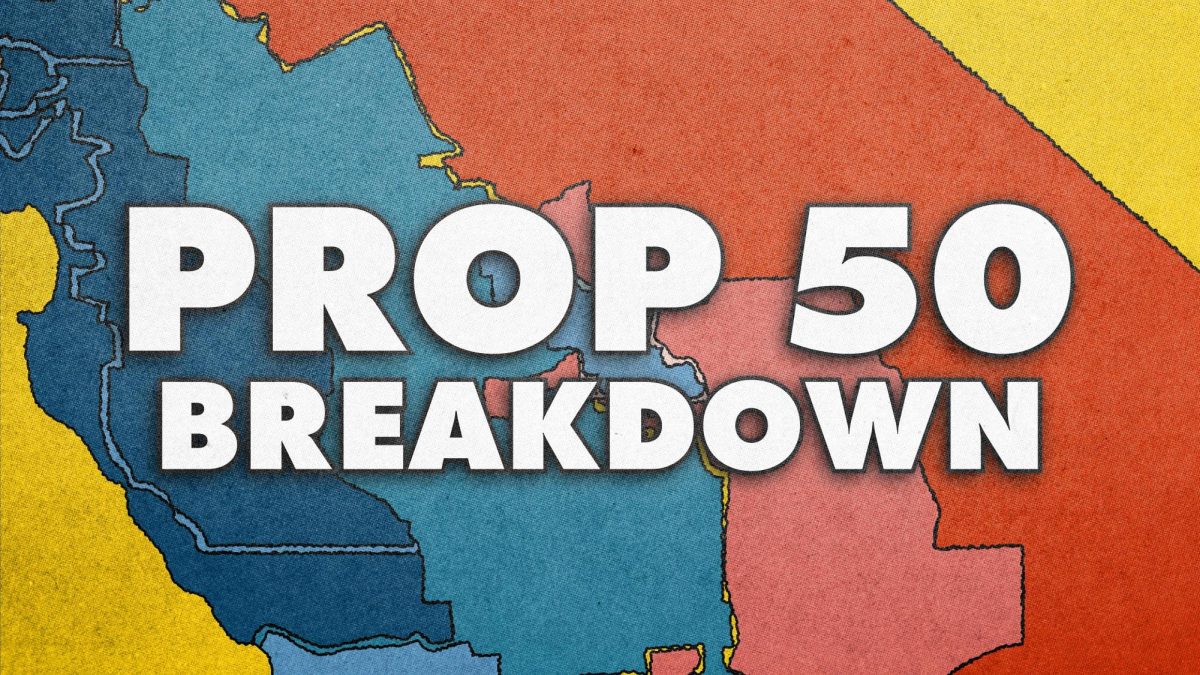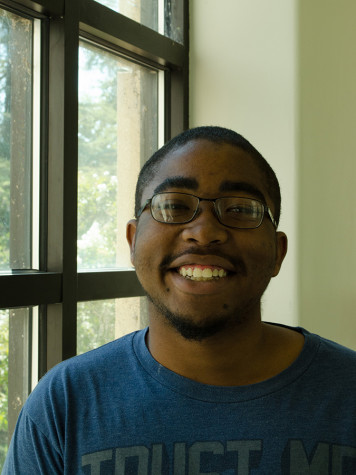Grisanti Valencia, immigration rights activist and former senator on Fresno City College’s Associated Student Government, was one of the millions of people who listened to every word President Obama said during his recent speech on immigration.
Valencia’s mother, Belen Avendano was equally anxious to find out what would become of her quest to stay and legalize her status in the U.S. She has lived in the U.S. for 20 years, but with fear and threats of deportation hanging over her head each day, each day is ruled by anxiety and uncertainty.
Valencia and her mother are among the estimated 11 million of undocumented immigrants whose lives would be potentially transformed by President Obama’s executive action on immigration announced Nov. 20.
In his speech, Obama announced that Immigration and Customs Enforcement would “establish clearer priorities” that would allow the Department of Homeland Security to more easily increase the deportation of recent arrivals, adding to the more than two million deported under the current administration.
The Department of Homeland Security will also be expanding upon the existing Deferred Action for Childhood Arrivals program as well as creating an entirely new deferred action program for those parents of U.S citizens or lawful permanent residents.
The Obama plan will grant about five million undocumented immigrants the opportunity to avoid deportation by following a few simple steps.
According to a release sent out by the white house, the undocumented immigrants must register and pass criminal and national security background checks, begin to pay taxes and temporarily remain in the United States.
“We’re not going to deport you and separate you from your kids,” Obama said.
This executive order does not cover a huge portion of that community — leaving millions of undocumented immigrants in limbo and in fear of deportation.
“A lot of people have been fighting for this for a long time,” said Valencia. “It doesn’t meet what a lot of us really wanted.” The president’s long awaited action has received both support and criticism from all sides.
“It’s Congress’ turn to act,” Valencia said. “But we feel that if he was going to do something so minimal, he might as well have done nothing at all.”
Many of the 11 million undocumented immigrants tell compelling stories of the desperation that led to the huge risk they took to come to the U.S. Regardless of where they started or ended up, many, like Avendano were determined to provide support and a better opportunity for their families — a quality that they share with people all over the world.
That determination is what still drives her daughter today.
“We want to expand the mind of people,” Valencia said. “When it comes to undocumented immigrants, we call them criminals. What we’re saying is that their being, their love for their family that is illegal.”
That determination is also what propelled Avendano, who was only 15 years old at the time, to make the long and dangerous journey to the U.S. She had not known why she was emigrating, but understood that it was for her own good. The journey began in Ayoquesco, Oaxaca, Mexico and involved a treacherous ride on a raft across the Rio Grande into Texas. Avendeno and her stepmother later traveled to California where they settled.
“They [her mother and step-grandmother] were the only women among 18 men,” Valencia said as she recounted the story of her mother’s journey. “Her stepmother protected; she was her guardian.”
Valencia was a child when she and her siblings entered the U.S. with forged documents. She had documentation for a male child and had to wear boys’ clothes. Although Valencia had to cross the border as a boy, she did not leave behind one of her favorite possessions, a doll.
“I never understood why, as a boy, I would have had a doll,” Valencia said. “But I’m glad nobody questioned it too much.”
While getting into the country presents often insurmountable challenges, life in the U.S. without documentation, presents many others.
After arriving in the U.S. Valencia, her mother and her sister, Yenedit Valencia, filed for U-visas, a stay and relief from deportation for the victims of physical or mental abuse.
Both Valencia and her sister were granted the visa, but their mother’s was denied for insufficient evidence that she too had been abused.
“It was bittersweet,” Valencia said. “Because we got it and my mom didn’t get it, and I feel like she deserved it the most.”
And after all of the years of living in the shadows because of her undocumented status, Obama’s announcement meant the world for Avendano and those like her.
As the president spoke, the tension grew. When Obama finally reached the moment millions had waited for, Valencia and her mother knew that things could potentially change forever.
“My mother does qualify,” Valencia said. “But she is not happy.”
Mother and daughter alike see flaws in the plan, namely the fact that it is only temporary cover and that so many do not qualify for the relief from deportation.
According to estimates, around five million of the 11 million undocumented immigrants currently living in the U.S. will be eligible to register and remain in the country without fear of deportation.
The president understands the shortcomings of his plan and has put it on congress to put forth a more comprehensive solution.
“Pass a bill. Nobody is stopping them from passing a bill,” Obama said. “Right after Thanksgiving, call the bill. It’s been sitting there. And if they don’t want to pass that bill, then I pledge to work with Republicans and Democrats next year to pass a more permanent legislative solution.”
A more permanent solution would not only affect Avendeno and other undocumented parents, but also the children who were already granted relief under President Obama’s Deferred Action for Childhood Arrivals program in 2012.
Angel Sanchez, a graphic design student at FCC, is one of thousands of young immigrants who benefited from the 2012 DACA program.
DACA granted young immigrants the right to remain in the U.S. for two years at a time and obtain a work permit.
The recent order issued by the president grants newly qualified immigrants the right to remain in the country for three years at a time and also obtain a work permit.
A previous campus leader and voice for immigrant students on campus, Sanchez sought to direct undocumented students to resources offered by the college. He said, however, that due to the lack of response from the president on immigration, he lost faith and hope of any relief.
“I haven’t been following the story as much as I probably should,” Sanchez said. “They had been saying they will do something good for a while so I guess I have to get caught up.”
Sanchez had hopes for broad administrative relief from the president. His goals for such relief were simple.
“Just stop separating families,” Sanchez said. “You take out the man of the household, then the wife or the children have to find a way to work; they have to be able to survive.”
Not separating families is something that all parties have been able to agree on, as the president has used it as a point while trying to gather support for his plan.
“I’ve seen the heartbreak and anxiety of children whose mothers might be taken away from them just because they didn’t have the right papers,” Obama said.
There are about 750 undocumented students on the FCC campus. These students, save for the immigration status, are involved in everyday events of the college. Valencia is hoping to take on the challenge of leading them.
“One day I hope that the world can live without borders, because that’s how things started,” Valencia said. “We’re getting closer but still have a long way to go.”

